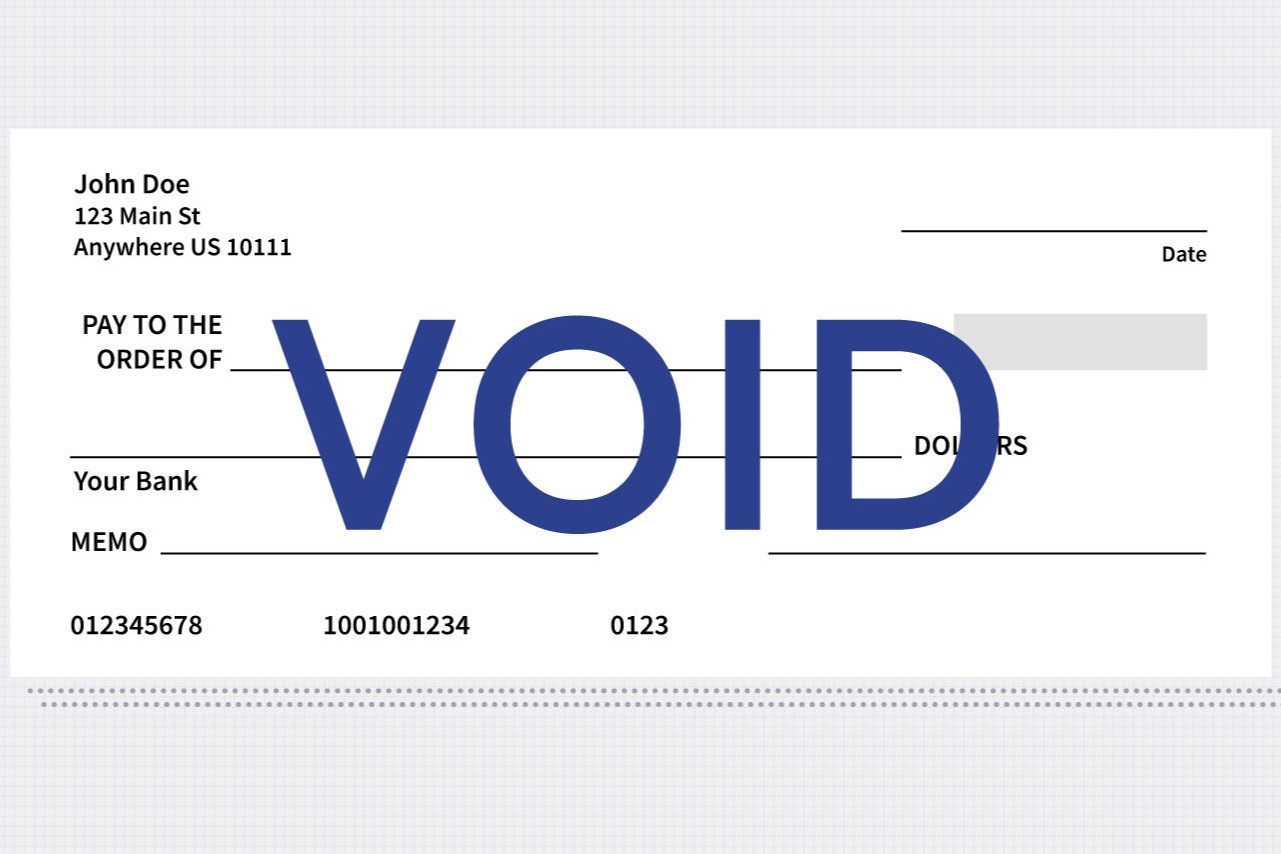Home>Business and Finance>Pros And Cons Of Pursuing A Career In Banking


Business and Finance
Pros And Cons Of Pursuing A Career In Banking
Published: February 11, 2024
Considering a career in banking? Learn about the pros and cons of entering the business and finance industry to make an informed decision. Explore the opportunities and challenges in this dynamic field.
(Many of the links in this article redirect to a specific reviewed product. Your purchase of these products through affiliate links helps to generate commission for Noodls.com, at no extra cost. Learn more)
Table of Contents
Introduction
Entering the world of banking can be an enticing prospect for many individuals. The financial sector offers a wide array of opportunities for career growth, professional development, and financial stability. However, like any other industry, banking has its own set of advantages and disadvantages that individuals should carefully consider before pursuing a career in this field.
In this article, we will delve into the pros and cons of pursuing a career in banking. By examining the various aspects of working in the banking industry, we aim to provide valuable insights for individuals who are contemplating a career in this dynamic and ever-evolving sector.
The banking industry plays a pivotal role in the global economy, serving as the backbone of financial transactions, investments, and wealth management. As such, it presents a myriad of career paths for individuals with diverse skills and interests. From retail banking and investment banking to corporate finance and risk management, the opportunities within the banking sector are vast and multifaceted.
As we explore the advantages and disadvantages of working in banking, it is important to recognize that this industry is not only about numbers and transactions; it also involves building relationships, providing financial guidance, and contributing to the economic well-being of individuals and businesses. Therefore, the decision to pursue a career in banking should be informed by a comprehensive understanding of the potential benefits and challenges that come with it.
Now, let's delve into the various pros and cons of pursuing a career in banking to gain a deeper understanding of what this industry has to offer.
Pros of Pursuing a Career in Banking
-
Diverse Career Opportunities: The banking industry offers a wide range of career paths, catering to individuals with varying skills and interests. From customer-facing roles in retail banking to analytical positions in investment banking, the industry provides opportunities for professionals to explore and specialize in different areas.
-
Financial Stability and Competitive Compensation: Banking careers often come with attractive financial rewards and stability. Many banking positions offer competitive salaries, bonuses, and benefits, providing employees with a sense of financial security and the potential for lucrative earnings as they progress in their careers.
-
Professional Development and Growth: Working in banking can be a catalyst for professional growth and development. Employees have access to training programs, mentorship opportunities, and avenues for skill enhancement, allowing them to advance their careers and take on more challenging roles within the industry.
-
Networking and Relationship Building: The banking sector provides a platform for individuals to build extensive professional networks and cultivate meaningful relationships with clients, colleagues, and industry stakeholders. These connections can open doors to new opportunities, partnerships, and collaborations, contributing to both personal and professional growth.
-
Contribution to Economic Growth: Banking professionals play a crucial role in driving economic growth by facilitating financial transactions, supporting businesses, and providing individuals with access to essential financial services. This sense of contributing to the broader economy can be a motivating factor for individuals pursuing a career in banking.
-
Intellectual Stimulation and Problem-Solving: Many roles within the banking industry involve complex problem-solving and critical thinking. Professionals are often tasked with analyzing financial data, mitigating risks, and devising strategic solutions, providing them with intellectually stimulating challenges that can be both rewarding and fulfilling.
-
Global Opportunities: The banking industry operates on a global scale, offering opportunities for professionals to work in diverse locations and gain exposure to international markets. This global outlook can broaden one's perspective and provide valuable cross-cultural experiences.
-
Influence and Impact: Banking professionals have the potential to make a significant impact on the financial well-being of individuals, businesses, and communities. Whether through financial advisory services, investment management, or corporate finance, individuals in banking roles can influence and shape the financial landscape in meaningful ways.
In summary, pursuing a career in banking presents a multitude of advantages, ranging from diverse career opportunities and financial stability to professional growth and the potential for making a positive impact on the economy and society. These factors make the banking industry an appealing choice for individuals seeking a dynamic and rewarding career path.
Cons of Pursuing a Career in Banking
While the banking industry offers numerous benefits, it is important to acknowledge the potential challenges and drawbacks that individuals may encounter when pursuing a career in this field. Understanding the cons of working in banking can provide valuable insights for those considering this career path.
-
High Stress Levels: Banking roles often come with high-pressure environments, tight deadlines, and demanding workloads. The need to meet regulatory requirements, manage financial risks, and deliver exceptional customer service can contribute to elevated stress levels among banking professionals.
-
Long Working Hours: Many positions in banking require long and irregular working hours, especially in roles such as investment banking, where employees may need to work late nights and weekends to meet client demands and execute financial transactions.
-
Regulatory Scrutiny and Compliance Burden: The banking industry is heavily regulated, and professionals are required to adhere to stringent compliance standards and regulatory frameworks. This can result in extensive paperwork, meticulous record-keeping, and a heightened focus on risk management and legal compliance.
-
Job Insecurity During Economic Downturns: The banking sector is sensitive to economic fluctuations, and during periods of economic downturns, individuals working in banking may face job insecurity due to downsizing, restructuring, or cost-cutting measures implemented by financial institutions.
-
Ethical and Moral Dilemmas: Some banking roles may present ethical and moral dilemmas, especially in areas such as investment banking and wealth management, where professionals may face conflicting interests between maximizing profits and acting in the best interests of clients and stakeholders.
-
Intense Competition and Performance Pressure: The banking industry is highly competitive, and professionals often face intense pressure to meet performance targets, achieve sales goals, and outperform competitors. This competitive environment can lead to heightened stress and a relentless pursuit of success.
-
Repetitive Nature of Tasks: Certain banking roles may involve repetitive tasks, especially in operational and administrative functions, which can lead to monotony and a lack of variety in daily responsibilities.
-
Public Scrutiny and Reputation Risks: Banking professionals may be subject to public scrutiny and reputational risks, particularly in the wake of financial scandals, market downturns, or instances of misconduct within the industry. This can impact job satisfaction and personal well-being.
-
Technological Disruption and Adaptation Challenges: The rapid evolution of technology in the banking sector requires professionals to adapt to new digital platforms, fintech innovations, and cybersecurity protocols. This constant need for adaptation can pose challenges for individuals who are not technologically inclined.
-
Emotional Toll of Dealing with Financial Hardships: For roles involving customer-facing interactions, such as loan officers or financial advisors, individuals may experience emotional strain when dealing with clients facing financial hardships, debt issues, or challenging economic circumstances.
In summary, while the banking industry offers a plethora of opportunities, it is essential to recognize the potential drawbacks, including high stress levels, long working hours, regulatory burdens, job insecurity during economic downturns, ethical dilemmas, intense competition, and reputational risks. Understanding these cons can help individuals make informed decisions about pursuing a career in banking and proactively address the associated challenges.
Conclusion
In conclusion, the decision to pursue a career in banking is a multifaceted consideration that involves weighing the pros and cons inherent in this dynamic industry. The banking sector offers a diverse array of opportunities for individuals to carve out fulfilling and impactful careers, with the potential for financial stability, professional growth, and the ability to contribute to the broader economy. The advantages of diverse career paths, competitive compensation, professional development, networking opportunities, and the ability to make a meaningful impact on the financial well-being of individuals and businesses make banking an appealing choice for many professionals.
However, it is crucial to acknowledge the challenges and potential drawbacks associated with working in banking, including high stress levels, long working hours, regulatory burdens, job insecurity during economic downturns, ethical dilemmas, intense competition, and reputational risks. Understanding these cons is essential for individuals to make informed decisions about pursuing a career in banking and to prepare for the demands and pressures that come with working in this industry.
Ultimately, the decision to pursue a career in banking should be guided by a comprehensive understanding of the industry's nuances, the individual's career aspirations, and a realistic assessment of the potential rewards and challenges. By carefully evaluating the pros and cons, individuals can make informed choices that align with their professional goals and personal values, allowing them to embark on a career path that offers both fulfillment and opportunities for growth.
As the banking industry continues to evolve in response to technological advancements, regulatory changes, and shifting market dynamics, it is essential for aspiring banking professionals to stay abreast of industry trends, cultivate adaptable skill sets, and maintain a commitment to ethical conduct and professional excellence. By doing so, individuals can navigate the complexities of the banking sector while leveraging its myriad opportunities to build rewarding and impactful careers.
In essence, the decision to pursue a career in banking is a significant one, and by carefully weighing the pros and cons, individuals can embark on a path that aligns with their aspirations and sets the stage for a fulfilling and impactful journey in the dynamic world of banking.















